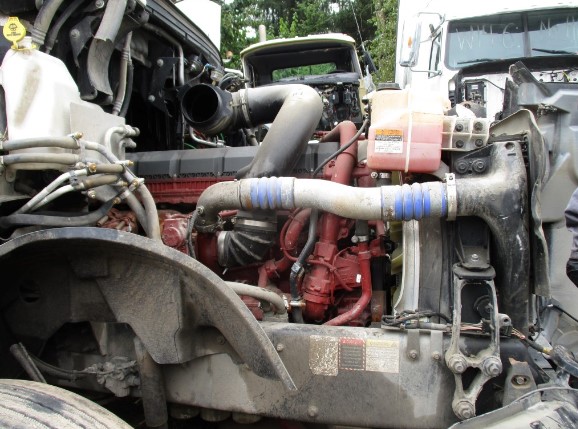
Your car’s fuel pressure is the level of fuel that reaches the carburetor. It should be between 4 and 7 psi, but some vehicles require higher pressure. It can also damage the float needle and carburetor seal, leading to a gas leak during idling.
Low fuel pressure
If your engine runs rough, this is a warning sign of a bigger problem. Have the car checked out and fixed ASAP. If the engine is idling fine but is running rough at higher rpm’s, this is a sign of low fuel pressure. Check the airdog fuel pressure regulator located in the intake system.
Low fuel pressure may cause engine misfires, rough idle, and engine stalls. An accurate compression test will determine whether this is the cause. In addition, low fuel pressure can affect significant engine components, such as the ignition system, spark plugs, and distributor caps.
A leaking fuel pressure regulator
If your vehicle experiences poor acceleration, you may need to inspect your fuel pressure regulator. When a fuel pressure regulator leaks, it can cause too much fuel to enter the engine, reducing fuel efficiency. It can also contribute to poor acceleration. You may see your check engine light come on or notice a noticeable drop in speed.
You can diagnose the issue by performing simple tests. The first step is taking your car to a shop to check your regulator. If the mechanic doesn’t check your regulator, you can try to replace it yourself.
Black soot in the exhaust
When your car’s exhaust is dark, it’s a sign that the fuel pressure is too high. This happens because the engine is working too hard and not getting enough oxygen. When this happens, the car’s engine won’t run as efficiently as it should, and it may even have hard starts and high fuel consumption.
There are several causes of this problem. In some cases, fuel is overburned; in others, the energy mixes with oil inside the engine, resulting in black smoke. While black smoke in the exhaust may seem harmless, it can damage the car’s parts, including the catalytic converter.
Damage to the carburetor
Several factors can cause fuel pressure to be too high, causing damage to the carburetor. First, check the oil color and consistency before fueling your car, and check the PSI reading. This can be a serious safety issue.
High fuel pressure causes a rich air-fuel ratio, which leads to increased emissions and black smoke from the exhaust. This excess fuel can also damage the catalytic converter, which makes it harder for the car to run efficiently. Too much fuel pressure can also damage the carburetor’s float bowls and cause poor fuel mileage.
Engine stalling
Engine stalling can be a frustrating and potentially dangerous problem for your car. It can also result in a large repair bill. If you’re experiencing this issue, you should check your exhaust system first. It may have a kink or crush that is causing back pressure. An excellent way to check for back pressure is by using the vacuum gauge on your intake manifold. A normal intake vacuum should range from 18 to 22 inches of Mercury at idle. If the vacuum gauge reads below that, then your exhaust system is causing the pressure that is causing the engine to stall.
Another possible cause of stalling is a faulty fuel pump. The pump may leak fuel, and the car may not get enough fuel. The vacuum hose may be blocked, or the master cylinder might leak. You should also check your fuel filter. If you’re experiencing this problem, you should contact a mechanic or roadside rescue. Attempting to jump-start a stalling engine may damage the engine and its catalytic converter.
Signs of a failing fuel pressure regulator
Low fuel pressure in a car can cause a number of problems, including a misfire. A malfunctioning fuel pressure regulator can cause this. If this happens, your engine will be forced to work harder to compensate for the lack of fuel. Misfires are an obvious sign of a failing fuel pressure regulator, but there are other symptoms. A bad fuel pressure regulator will also cause engine vibrations and odd noises. If you notice any of these symptoms, get your car checked out by a mechanic to determine whether the regulator causes the problem.
Your car’s fuel pressure regulator is one of the most important parts of your vehicle’s fuel system. It helps ensure proper combustion and fuel efficiency, and a failing fuel pressure regulator will result in poor gas mileage and performance. To check if you’re dealing with a bad fuel pressure regulator, check your car’s engine and fuel gauge to determine if any of these symptoms are occurring.